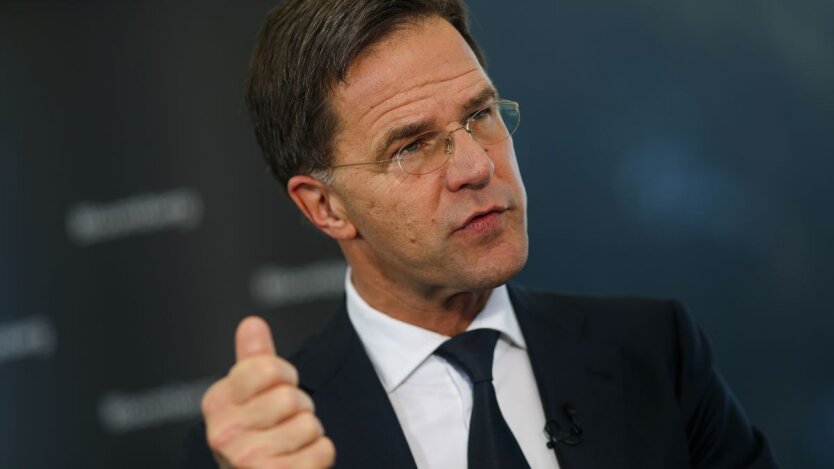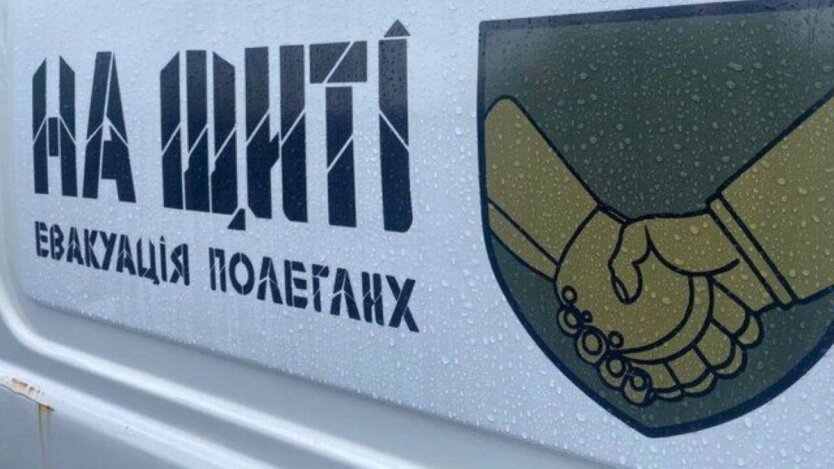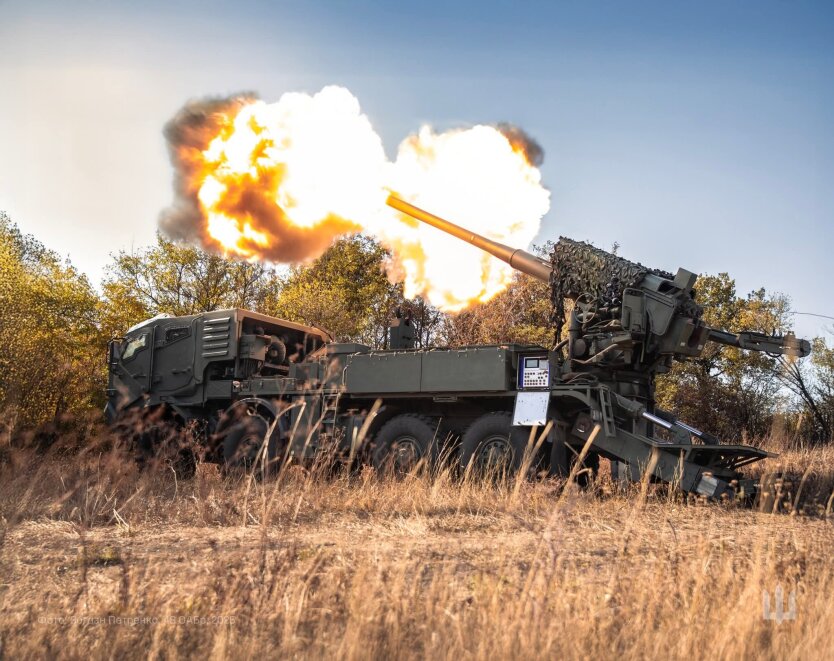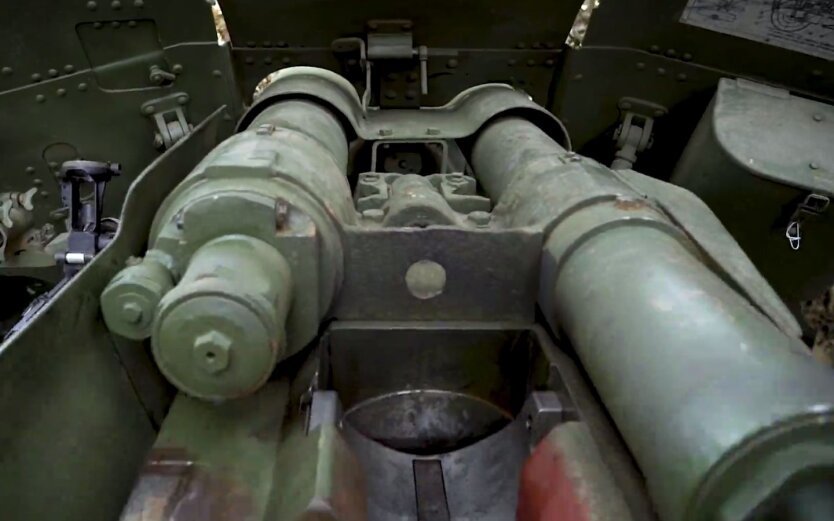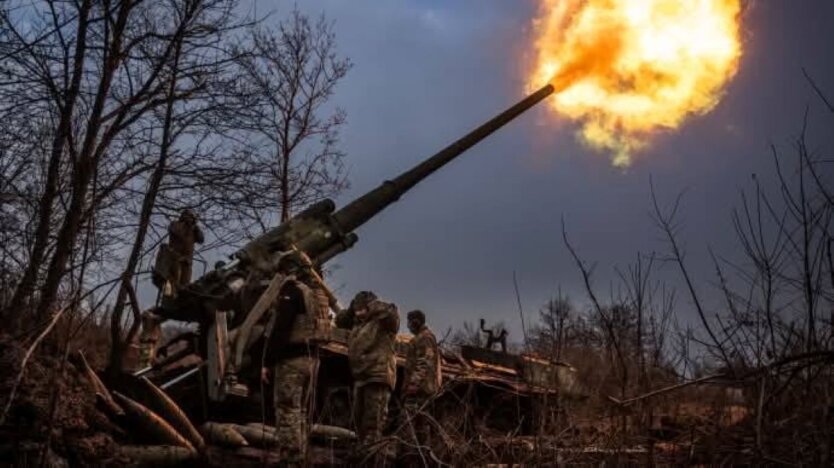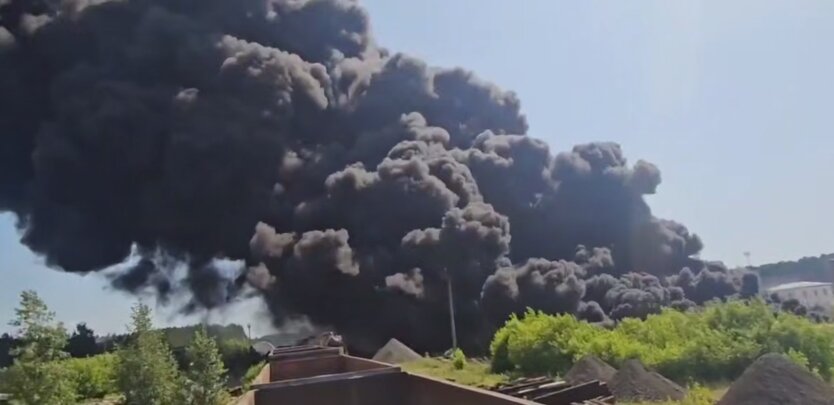The State Department clarified its position on the non-recognition of the Russian Federation as a sponsor of terrorism.

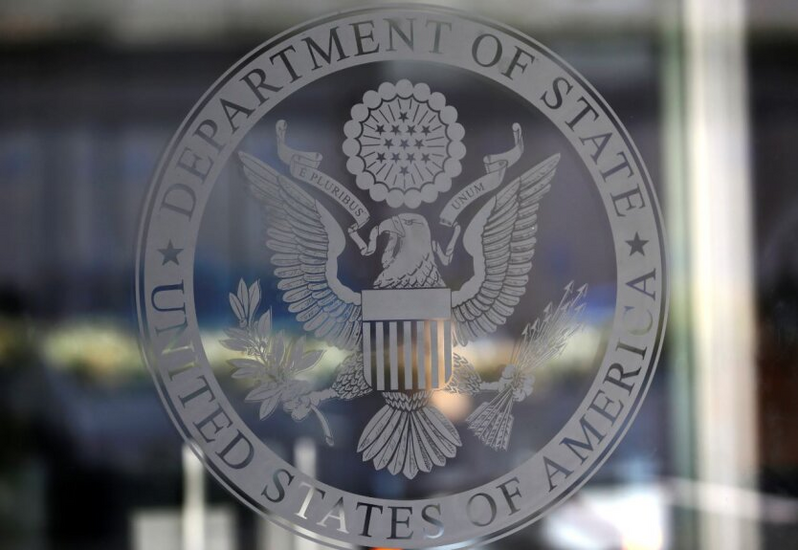
The U.S. administration believes that sanctions are more effective than SST
The U.S. administration believes that the implementation of extensive sanctions is a more effective way to achieve political goals regarding Putin's regime than recognizing Russia as a state sponsor of terrorism (SST). This position was voiced by the spokesperson for the U.S. State Department, Matthew Miller.
'We do not consider SST to be the most effective way to achieve our political goals when it comes to Russia,' said the representative of the U.S. foreign policy agency. He emphasized that the sanctions already imposed on Russia have practical consequences.
Matthew Miller referred to media reports stating that after restrictions were imposed on Russia's energy sector, tankers with Russian oil around the world, including those off the coast of China, have stopped. He also confirmed that Russia's ability to circumvent previously imposed restrictions has been limited, as well as additional powers have been established for the U.S. Congress regarding the easing of sanctions against Russia in the future.
'Sanctions and export controls will have a greater impact than SST. This is only a consequence of the last package. Recognizing a country as a sponsor of terrorism will limit the activities of international humanitarian organizations and will have other consequences that may affect their ability to operate in the region,' explained the State Department spokesperson.
Read also
- Preparing for war to preserve peace: NATO Secretary General made a tough statement
- The intelligence service announced the start of the exchange of bodies of the deceased between Ukraine and the Russian Federation
- The Russians are trying to create a foothold for an offensive on Kostiantynivka
- The enemy has changed tactics in attacks in the Kupiansk direction
- Russians are trying to bypass Lyman and capture key heights
- An attack occurred at the factory in Kazan that produced charges for 'Kalibr' and 'Iskander': video

